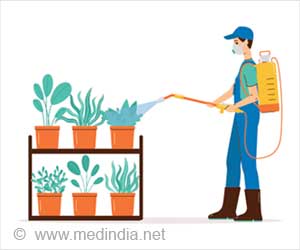
‘A 79-year-old man in Delhi calls to residents to bring out their leftover tablets and syrups, rather than throw them away, to donate to the Indian capital's millions of desperate poor. At his rundown Delhi home, India's 'Medicine Baba' painstakingly checks and sorts his haul that includes everything from calcium tablets to antibiotics.’
Tweet it Now
At his rundown Delhi home, Sharma painstakingly checks and sorts his haul that includes everything from calcium tablets to antibiotics, before the queues form outside. He said, "Some medicines have to be stocked in the fridge, so I have to be very careful. All these medicines lying here are worth more than two million rupees ($30,864)." India's generic drugs industry is a major supplier to the world of cheap, life-saving treatments for diabetes, hypertension, cancer and other diseases. But experts say even these are out of reach of many of the 363 million Indians living below the poverty line, who make up about 30% of the country's mammoth population.
Prime Minister Narendra Modi, who swept to power at elections in May 2014, promised in his poll manifesto to introduce an ambitious universal health care plan that assures free drugs and insurance for serious ailments. But the plan, pegged initially at $26 billion over the next four years and envisioned to be fully operational by 2019, has been pushed back because of budget constraints.
A senior health ministry official said, "The scheme, with a planned roll out from April this year, was now on the back burner. It (the plan) could have been a game-changer. We are not sure now if it will see the light of the day."
Jagdish Prasad, director general of health services, acknowledged the problem facing those living on the margins, and that the government needed to do more. He said, "People are spending 60-70% out of their pockets for purchasing medicines which is a great burden for the poor. (We) must make a policy so that essential medicines are made available to those who cannot afford it."
Advertisement










